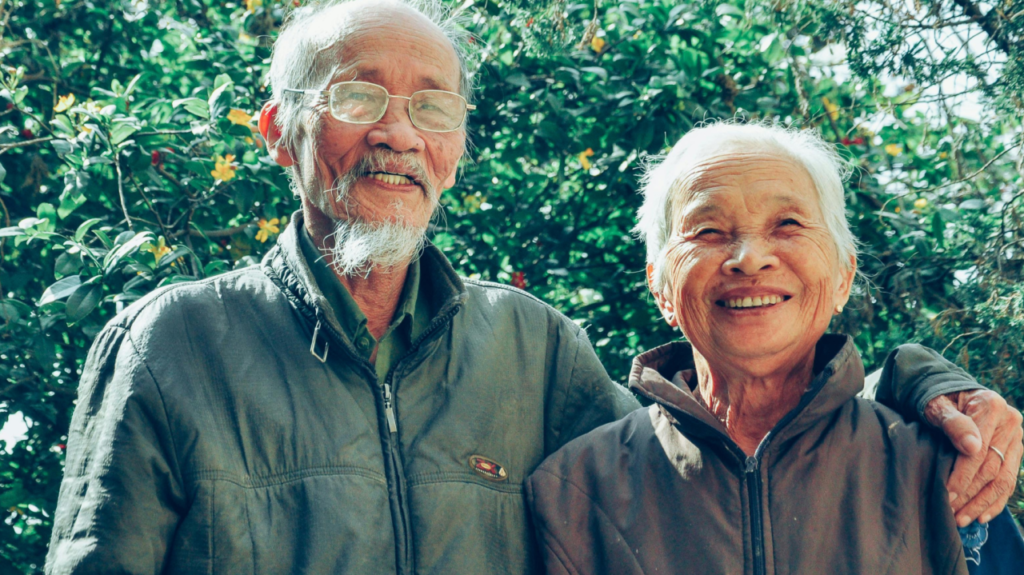As the Olympic Games are behind us, let’s not forget that all was not so rosy.
President Emmanuel Macron, in a TV interview, had proudly proclaimed, “France will host the athletes at the most inclusive, equal, and sustainable Games in history. We are going to welcome the world; it is an immense pride.” Yet, the initial ban on a female athlete wearing a hijab starkly contrasted this message of inclusivity.
As the 2024 Olympic Games in Paris commenced, over 11,000 athletes from 206 National Olympic Committees and the IOC Refugee Olympic Team had the opportunity to enjoy the grandeur of the opening ceremony. However, Sounkamba Sylla, the 400m relay French sprinter, was going to miss it because……she wears hijab. After widespread criticism, the Minister of Sports in France agreed to allow the athlete to attend if she wore a cap instead of a hijab.
A ‘concession’ that highlights a contradiction with the spirit of the Olympic Games and the principles of Diversity, Equity, and Inclusion (DEI), and raises concerns about fundamental human rights.
An Intrusive Exclusion that Clashes with the Spirit of Sports
Sounkamba Sylla took to social media days before the Games began, expressing her dismay at being barred from the opening ceremony due to her hijab. “You are selected for the Olympic Games, organised in your country, but you can’t take part in the opening ceremony because you wear a scarf on your head,” she posted.
An initial exclusion of Sylla that is a glaring violation of the spirit of sports. The Olympic Charter clearly states, “The practice of sport is a human right. Every individual must have the possibility of practicing sport without discrimination of any kind.” Yet, this exclusion is not only unfair but it also sent a disheartening message to all French Muslim athletes. It underscores a systemic issue where certain groups, particularly Muslim women, face discrimination under the guise of secularism.
The Principle of « Laïcité »
France’s principle of “laïcité” – secularism – is intended to ensure neutrality and guarantee the free exercise of religion. However, in practice, it has often been used to exclude visible religious symbols, disproportionately affecting Muslim women who wear hijabs. Amélie Oudéa-Castéra, the French Minister of Sports, defended the ban by citing a strict regime of secularism.
But why would secularism prevent an individual from expressing part of their identity? It seems that the interpretation of secularism contradicts with its very essence, which is accommodate all religions rather than suppress them.
The Impact on Muslim Athletes, a Broader Systemic Issue in France
The exclusion of hijab-wearing athletes is not an isolated incident. France has pursued a series of controversial bans and restrictions on Islamic dress in recent years. The United Nations’ human rights office has criticised these measures, stating that no one should impose what a woman should wear or not wear. These restrictions, often justified under false security or public order concerns, fail to respect the personal and religious freedoms of individuals. Amnesty International noted that “The hijab bans in sports have resulted in many Muslim athletes being discriminated against, invisibilised, excluded, and humiliated, causing trauma and social isolation.”
Selective Diversity
While France boasts about its commitment to gender equality and inclusivity, it paradoxically excludes Muslim women. Tony Estanguet, president of the Paris 2024 organising committee, thanked local authorities for renaming sports facilities after renowned women, claiming it promotes inclusivity. Yet, this inclusivity does not extend to Muslim women wearing hijabs.
This selective application of DEI principles means being inclusive to some groups while excluding others. This exclusion particularly affects certain women, especially French Muslim women, based on preconceived notions of what diversity should look like. It dictates what they can or cannot wear, thereby forbidding them from participating and enjoying sports, ultimately leading to their exclusion.
An Unending Pursuit of Genuine Diversity, Equity & Inclusion
The ban imposed on Sounkamba Sylla to wear hijab during the 2024 Olympic Games opening ceremony is a stark reminder of the persistent challenges in achieving true diversity, equity, and inclusion. It highlights the need to pursue the efforts for inclusivity regardless of cultural background, age, race, religious beliefs, social status etc. It is important to create safe spaces for healthy conversations between people, educating people about different religious beliefs, cultures, sexual orientation, but it is also important to challenge the status quo actively.
In celebrating diversity, we must ensure that it includes everyone, not just those who fit a particular mold. True inclusivity means respecting and embracing all identities and beliefs.




